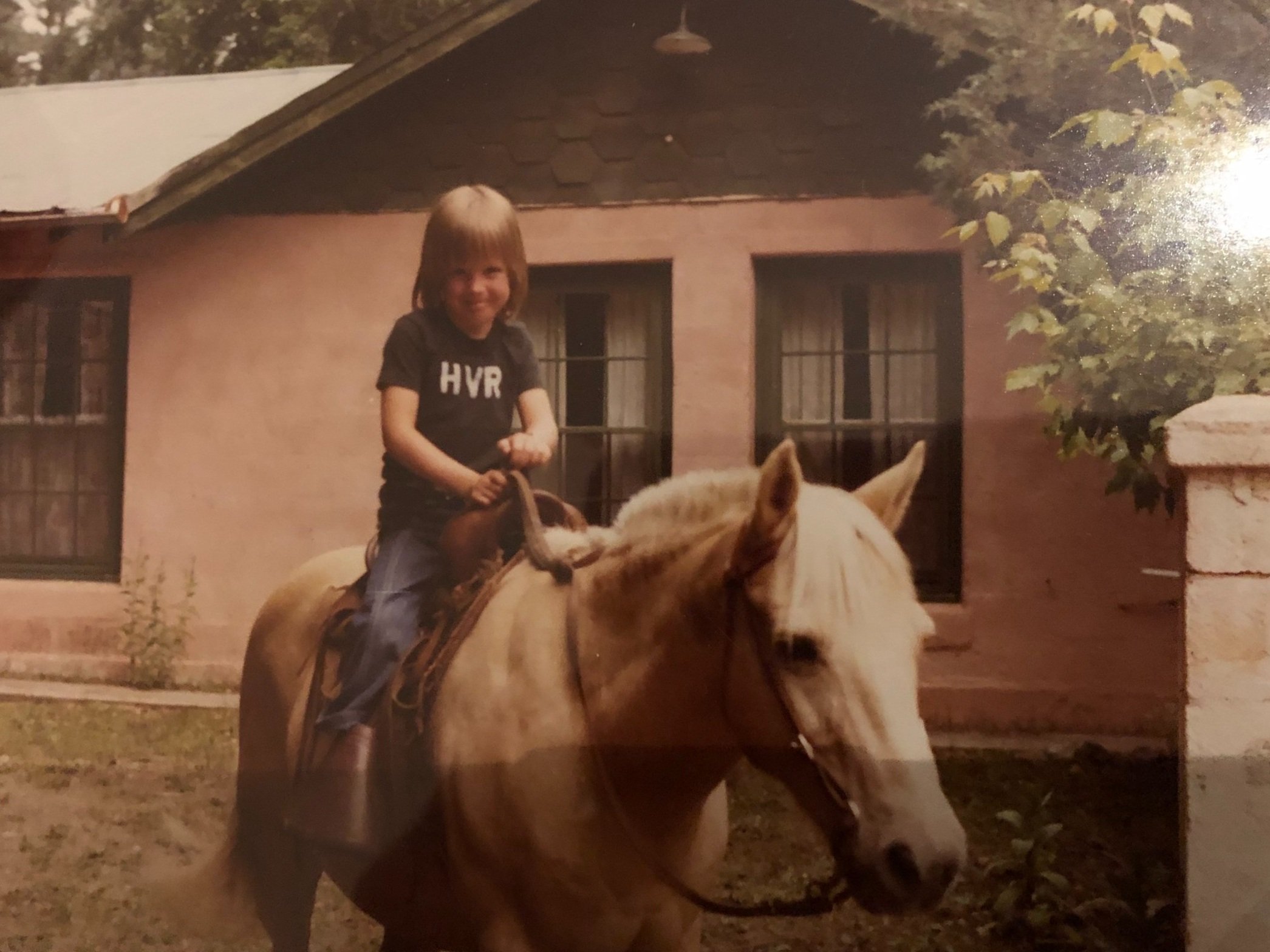It is a joy to be hidden, and disaster not to be found.
—D.W. Winnicott
I am at an adult birthday celebration, and everyone is looking at me. I’m probably six years old. I supposedly gave a wonderful gift to the one being celebrated with a message on it about how we are the best of friends. Only I didn’t choose the gift. I definitely didn’t purchase it. I want to get away from all the eyes fixed on me. I don’t dare say, “That’s not from me!” I don’t risk running out of the room, which is what I desperately want to do. I am frozen. I do my best to plaster a smile on my face.
This time, I’m in the memory with a skilled therapist at an intensive sensorimotor psychotherapy training, and I am 46 years old. My eyes are closed, and I hear her kind voice asking what’s happening for this child. “She feels like a paper doll,” I say.
“It’s all so fake, huh,” she says so clearly. What a relief. Somebody gets it.
Compassion begins to wash over me for the many times I’ve felt wobbly in the world. A paper cutout isn’t exactly steady, or full of desire.
“And if this scene could tell her something about herself, what would it say?” the therapist gently asks.
“I have to hide,” I immediately respond.
I—adult me—am surprised. I’ve read so many self-help books and done so many cognition-centered therapy sessions. They’ve led me to discover false beliefs like, “I fuck things up,” and, “I am alone.” But spending time in this scene with that little one, I’ve hit upon something truer than I previously knew. Suddenly, the ways in which I reactively withdraw in intimate relationships when I feel emotionally exposed don’t seem shameful at all. They feel necessary, at least during this earlier time of my life and in scenes like that birthday party. And painful. So painful.
I open my weeping eyes, and the therapist is leaning forward. Her benevolent eyes are looking at my heart, and I swear she’s seeing that sensitive little kid inside me. For perhaps the first time in my life, I have no issue whatsoever holding her gaze. The familiar “See me, don’t see me!” impulse seems to have evaporated. I even want to make eye contact with the three other women observing this session, as I absolutely trust I will be met with compassion and grace.
I remember Albert Einstein’s words: “The most important question a person can ask is, ‘Is the Universe a friendly place?’” This moment is telling me it can be. Maybe I don’t have to hide so much, from myself or the world. The chronic freeze is thawing.
I joke with the group that the paper doll is becoming the Cabbage Patch Kid of my youth, with chubby thighs to boot. This child part who has been so far away, in some dark place, is actually here, inside me, and coming back to life as the full-fledged human being that she is. She is real. I now am remembering how I loved to wear multicolored elastic headbands with gold and silver threads woven into them as a child. I say aloud to the group, “I think my six-year-old daughter would enjoy six-year-old me.”
I recently met with my therapist, and we explored the shakiness that still appears in my body when big feelings arise. Instead of a paper doll, she suggested that my quivery adult body is more like a slack sail. That sail is not unmoored; it is anchored to a mast and a boom. And they are connected to a boat. Maybe I don’t have to work so hard to move my life in the direction I long to go. Ron Kurtz said, “If you find enough of the right kind of experience, the system will spontaneously reorganize toward health.” Perhaps, then, what is needed is to remember the internal structure that already exists—that I have actively built—to hold me steady. As far as the vast universe outside of me goes, I will seek out winds that allow the sail to billow. I am digging this metaphor. May I coast toward my deeper yearning in the light of day, embodying fierce vulnerability instead of stowing away parts of myself.
…
I love to see a young girl go out and grab the world by the lapels. Life’s a bitch. You’ve got to go out and kick ass.
—Maya Angelou



